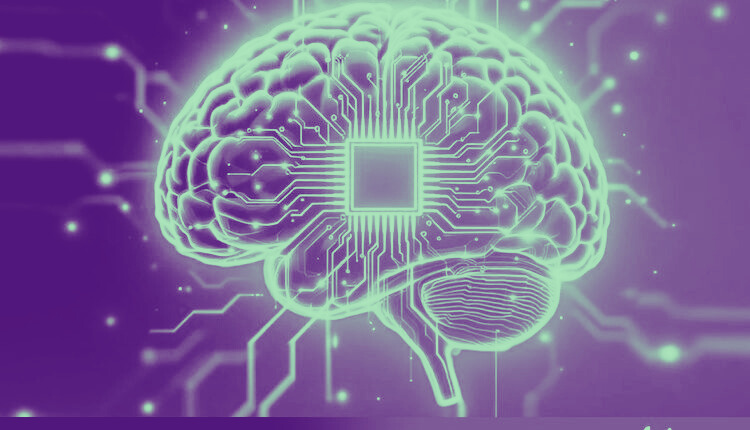The boom in generative artificial intelligence has made us more efficient, yes. But it also raises a new question: are we gaining speed or losing depth? An MIT study sounds the alarm about a silent threat that directly affects leadership: accumulated cognitive debt.
The study: when the mind shuts down without us realizing it
In a recent study conducted by the MIT Media Lab, three groups of participants were observed: one worked without assistance, another with Google, and the third using generative AI such as ChatGPT. The result was as revealing as it was disturbing:
- The group that used AI intensively significantly reduced their brain activity in areas linked to complex reasoning and recent memory.
- After stopping using AI, that ability was not fully recovered.
- More than 80% forgot important appointments or recent details. In the other groups, only 11% reported the same.
- After several months, neurological, linguistic, and behavioral impairments were detected.
The key concept that was coined is alarming: Accumulated Cognitive Debt. In other words, the more we delegate to AI without discretion, the more we weaken our own abilities.
Technology: ally or crutch?
It is not about going against AI, but about leading its integration intelligently. Companies such as Wavext Technologies are already committed to ethical and enhanced AI design:
- Digital Twins that help make decisions without replacing talent.
- Agentic Twins customized with the values of each person or company.
- Augmented Organizational Models, where AI complies with ethical and legal standards.
Everything under a new approach: Human Exponentiality. We don't want machines that think for us, but rather ones that amplify what we already do best: think critically, purposefully, and with values.
Women On Board's response: activate thinking, don't shut it down
At WOB, we have been committed for years to something that is now urgent: autonomous, strategic, and conscious leadership.
We know that the brain, like any muscle, needs training. That's why we not only create training spaces, but also deep thought forums where AI is a tool, not a substitute.
Our programs focus not only on technology, but also on conversation, critical thinking, and ethical leadership. It's not about learning how to use an app. It's about knowing how to use it and when to turn it off to hear your own voice.
Now what?
This is the question we ask all the leaders who follow us:
Are you building a future where technology empowers you... or one where it replaces you without you even noticing?
